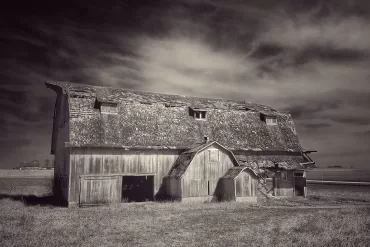Why do certain days lie dormant in our memories, ready to arise so vividly that we live them again, no matter how much they make our hearts ache? So it is with that cold, gray morning in early spring when Dad drove the two of us out to the farm. It was thirty years ago, the last year of his life, and I was visiting Kentucky from California, where I taught American history at a prep school. It was my...

What We’ve Lost by Bill Smoot
fiction
